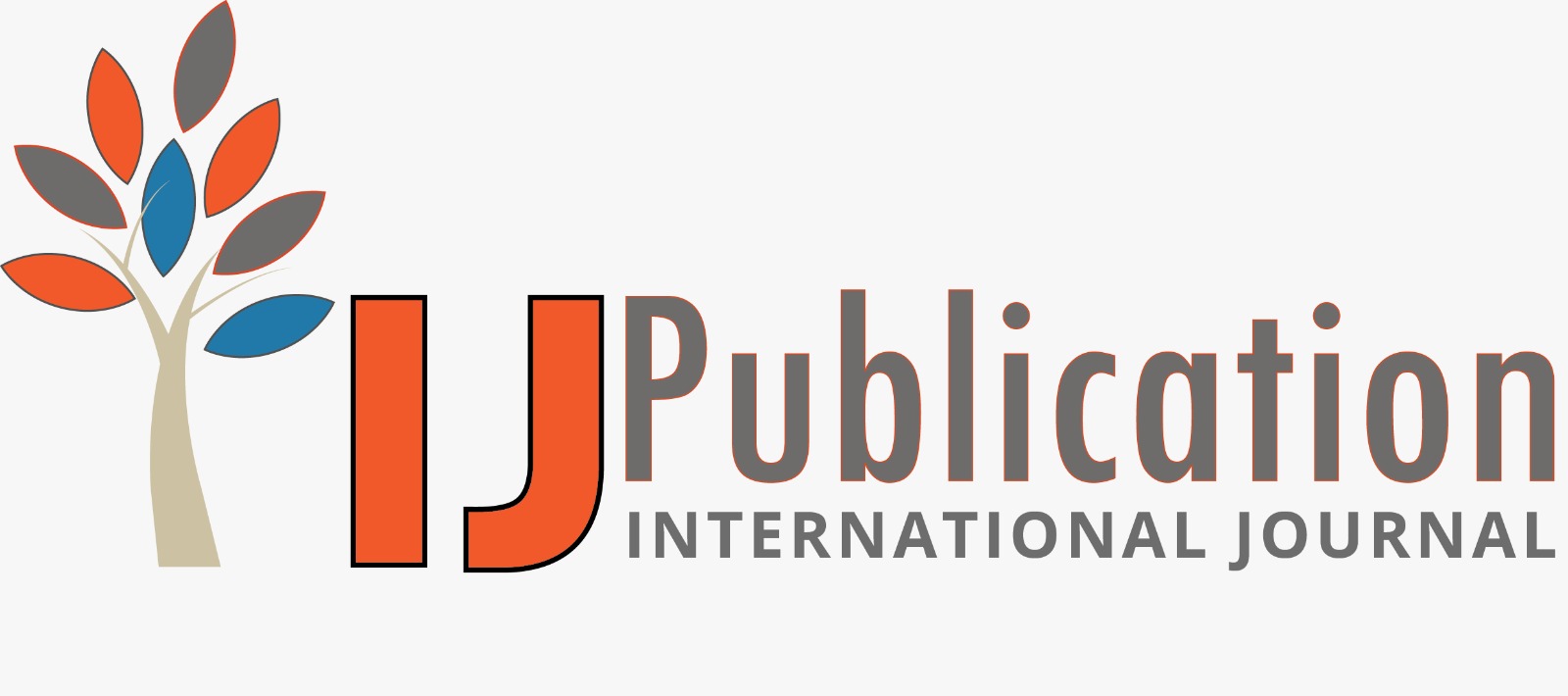Ramesh Krishna Mahimalur Reviewer
05 Nov 2025 04:55 PM
 Approved
Approved
Relevance and Originality
This article makes an important contribution to the discussion on the integration of artificial intelligence in special education, a field that continues to face challenges in accessibility and individualized learning. Its relevance stems from its focus on practical applications that improve engagement and learning outcomes for students with diverse needs. The originality lies in connecting adaptive algorithms, real-time assessment, and assistive technologies into a cohesive framework that highlights AI’s transformative potential in inclusive education environments artificialintelligence specialeducation adaptivelearning inclusivetechnology datadriveneducation personalizedinstruction.
Methodology
The research adopts a comprehensive and integrative approach, drawing insights from various implementation studies across different educational contexts. The paper effectively captures how AI systems personalize learning through cognitive assessment, multimodal content, and data-driven customization. The methodology provides a balanced mix of conceptual overview and applied analysis. However, expanding on data sources or quantitative metrics would help substantiate the claims further and provide more analytical depth implementationreview AIassessment adaptiveframework empiricalevaluation educationaldataanalysis.
Validity & Reliability
The conclusions are well-supported by evidence demonstrating improved academic outcomes and engagement. The reliability of the findings is strengthened by the inclusion of diverse case studies showing similar positive impacts in different learning environments. The validity is further reinforced by linking empirical observations with broader pedagogical theories. Although additional longitudinal studies could confirm long-term effects, the presented findings are convincing and logically structured validation reliability datadrivenresults learningoutcomes researchcredibility consistency.
Clarity and Structure
The paper is clearly written and well-organized, presenting its ideas in a logical flow from conceptual background to ethical and policy considerations. The author’s language is precise yet accessible, making the content suitable for both technical and educational audiences. The structured division between technological insights and practical implications improves readability. Incorporating brief summaries or diagrammatic representations could enhance clarity and retention structure clarity coherence readability organizationpresentation.
Result Analysis
The analysis strongly illustrates that AI-driven solutions can significantly enhance personalization, accessibility, and academic achievement while addressing critical ethical and policy factors required for sustainable and equitable educational reform.








Ramesh Krishna Mahimalur Reviewer